Amid the growing concerns over crimes against women, particularly the heinous acts of rape and murder, West Bengal Chief Minister Mamata Banerjee has taken a bold step by writing a letter to Prime Minister Narendra Modi. This letter, sparked by a recent rape-murder case in Kolkata, calls for immediate and decisive action at the national level to curb the alarming rise in such crimes.
The Context: Rising Incidents of Rape Across India
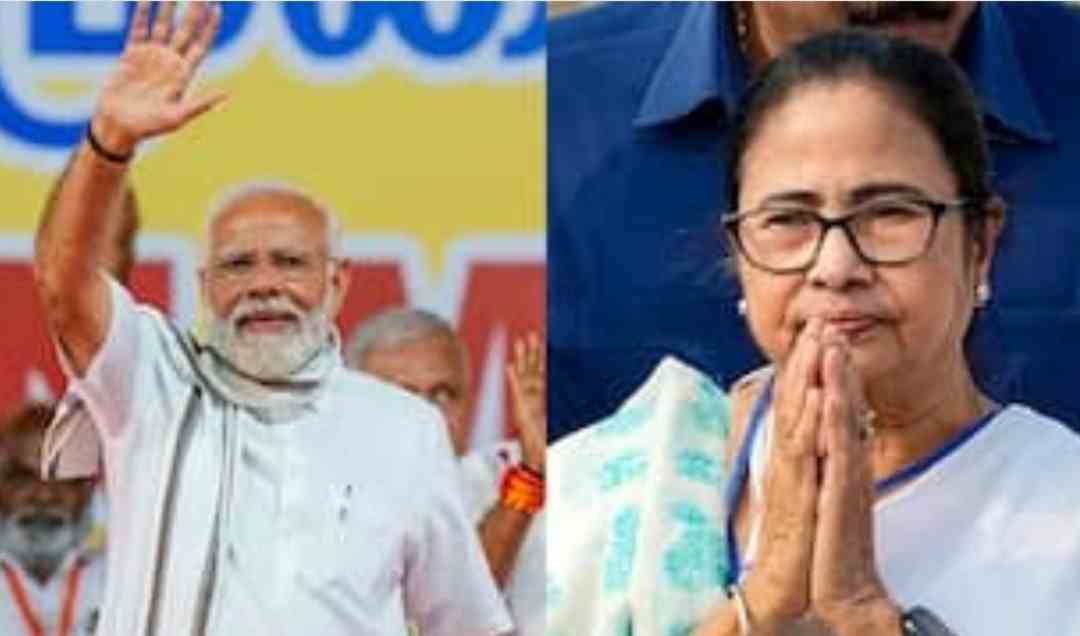
In her letter, Mamata Banerjee highlighted a disturbing trend that has gripped the nation—the increasing occurrence of rape cases, many of which involve murder. According to data cited by the Chief Minister, nearly 90 rape cases are reported daily across India, a statistic that is both shocking and alarming. This surge in sexual violence against women has not only shaken the confidence of society but has also raised questions about the safety and security of women in the country.
The recent incident in Kolkata, where a young woman was brutally raped and murdered, has brought the issue to the forefront once again. The brutality of the crime and the fear it has instilled in the community have prompted Banerjee to urge the central government to take more stringent measures to prevent such atrocities.
Mamata Banerjee’s Appeal to Prime Minister Modi
In her letter to Prime Minister Modi, Mamata Banerjee did not mince words. She expressed deep concern over the increasing incidents of rape and murder, emphasizing that it is a “bounden duty” for all leaders and authorities to take action. Banerjee’s letter can be seen as a desperate cry for help, urging the central government to take comprehensive steps to ensure the safety and security of women across the country.
The Chief Minister proposed several measures that she believes could help in tackling the issue more effectively. These include the introduction of stringent central legislation that prescribes exemplary punishment for those found guilty of such crimes. Banerjee’s call for harsher penalties underscores her belief that only through severe consequences can the perpetrators of such heinous acts be deterred.
The Call for Central Legislation
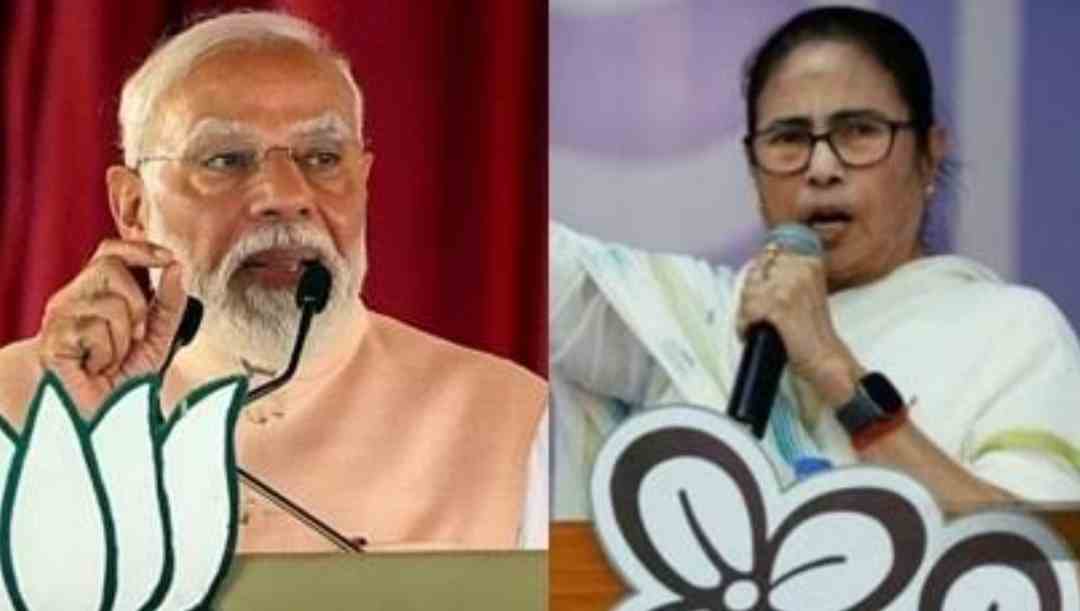
One of the key demands in Banerjee’s letter is the enactment of a stringent central law that would serve as a deterrent to potential offenders. She argues that the current legal framework is insufficient to address the gravity of the situation. The Chief Minister’s call for a central law is rooted in the belief that a unified, nationwide approach is necessary to tackle the problem effectively.
Banerjee’s letter suggests that this new legislation should include provisions for exemplary punishment. This could mean harsher sentences, including life imprisonment or even the death penalty for the most egregious cases. The rationale behind this demand is to create a legal framework that not only punishes the guilty but also serves as a warning to others who may consider committing similar crimes.
Read this also: Stree 2 Overtakes RRR (Hindi): A Box Office Triumph for Rajkummar Rao and Shraddha Kapoor
Fast Track Special Courts: A Need for Speedy Justice
In addition to her call for stringent legislation, Mamata Banerjee has also emphasized the need for speedy trials in rape and murder cases. She has proposed the establishment of Fast Track Special Courts dedicated to handling such cases. The idea behind these courts is to ensure that justice is delivered swiftly, reducing the trauma and uncertainty faced by the victims and their families.
Banerjee has suggested that trials in rape and murder cases should ideally be completed within 15 days. This proposal reflects her belief that justice delayed is justice denied. By expediting the legal process, she hopes to provide quicker closure to victims and their families while also sending a strong message to perpetrators that the law will not tolerate such heinous crimes.
The Broader Implications: Restoring Confidence in the Legal System
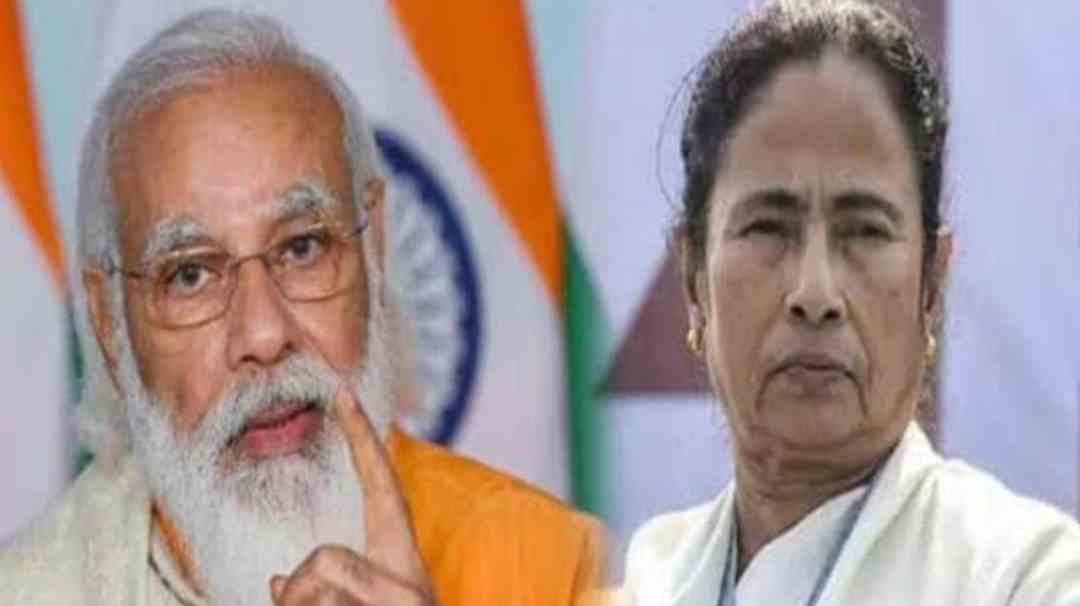
The issues raised by Mamata Banerjee in her letter to Prime Minister Modi go beyond just the need for tougher laws and faster trials. At the heart of her appeal is the need to restore confidence in the legal system and ensure that women in India feel safe and secure. The Chief Minister’s concerns echo the sentiments of millions of women across the country who fear for their safety in an environment where crimes against women are on the rise.
Banerjee’s letter also brings attention to the larger societal implications of the increasing incidents of rape and murder. When such crimes go unpunished or when justice is delayed, it erodes public trust in the legal system. This lack of trust can lead to a sense of helplessness among victims and their families, who may feel that the system is not equipped to protect them or deliver justice.
The Role of the Central Government
The ball is now in Prime Minister Modi’s court. Mamata Banerjee’s letter is a direct appeal to the central government to take urgent and comprehensive action. The Chief Minister’s proposals, if implemented, could go a long way in addressing the issue of sexual violence in India. However, it will require a concerted effort from all levels of government, as well as the judiciary and law enforcement agencies, to make a real difference.
The central government, under Prime Minister Modi’s leadership, has the opportunity to take decisive action and implement the changes proposed by Banerjee. This could include drafting and passing new legislation, setting up Fast Track Special Courts, and ensuring that law enforcement agencies are adequately equipped and trained to handle such cases.
Conclusion: A Call for National Unity Against Crime
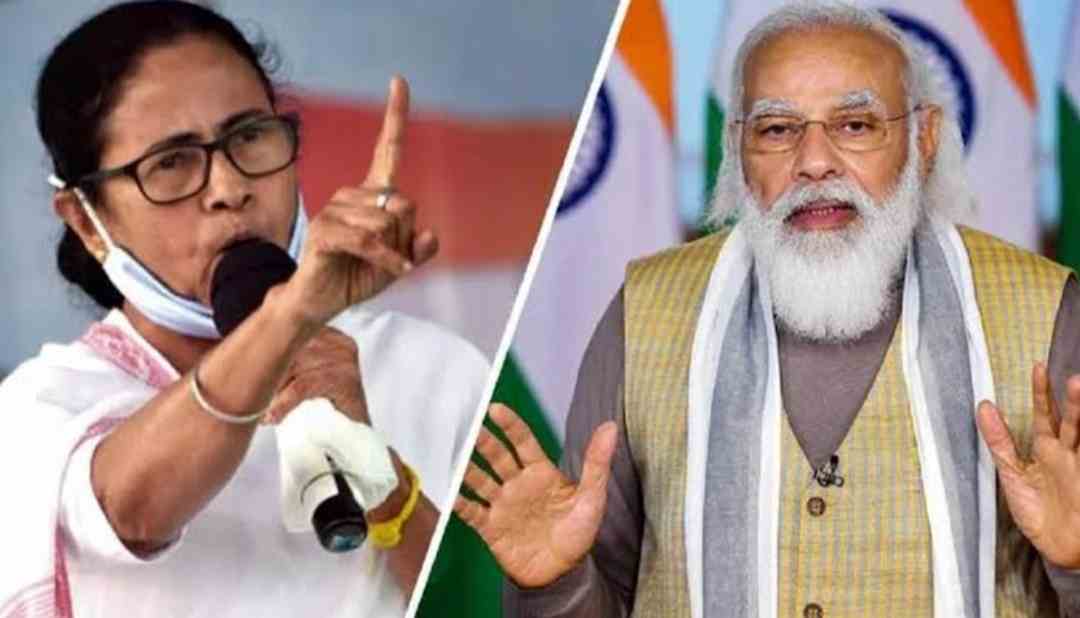
Mamata Banerjee’s letter to Prime Minister Modi is more than just a plea for action; it is a call for national unity against the rising tide of sexual violence in India. The Chief Minister has highlighted a critical issue that affects millions of women across the country, and her proposals offer a roadmap for addressing the problem.
However, the success of these proposals will depend on the willingness of the central government to take them seriously and act upon them. It is only through a coordinated and comprehensive approach that the nation can hope to stem the tide of rape and murder and ensure that women in India can live without fear.
As the nation awaits Prime Minister Modi’s response to Banerjee’s letter, one thing is clear: the issue of sexual violence in India cannot be ignored. It is time for all leaders, regardless of political affiliation, to come together and take the necessary steps to protect the women of this country. Only then can we hope to build a society where every woman feels safe and secure.
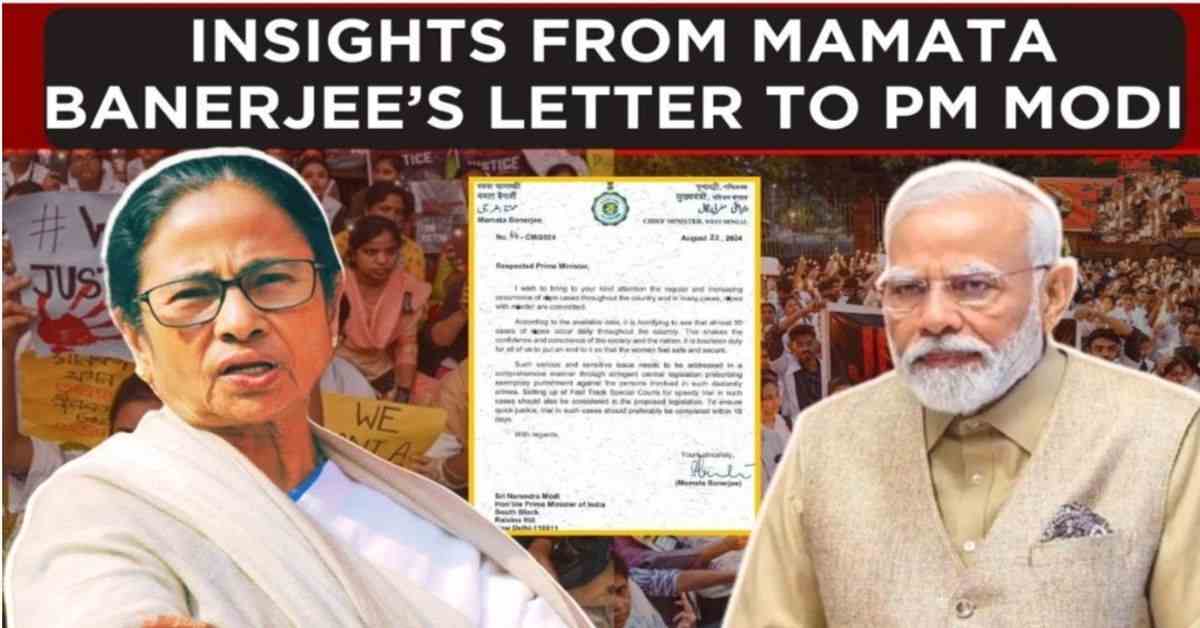
[…] Read this also: Mamta Banerjee’s letter to PM Modi: Mamata Banerjee Demands PM Modi’s Action […]